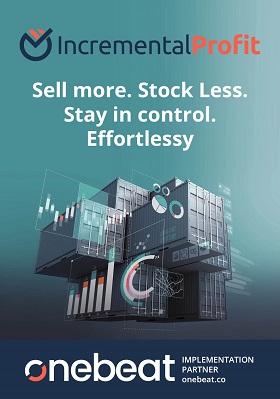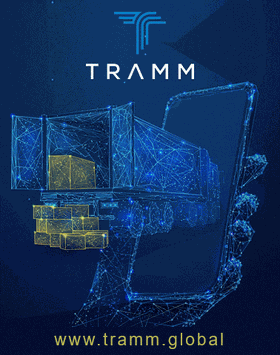Digitalisation is significantly transforming supply chain operations by enhancing efficiency, visibility and agility. Technologies such as blockchain, the Internet of Things (IoT) and artificial intelligence (AI) now enable companies to track their supply chain operations in real-time, share data securely and utilise predictive analytics to support faster, data-driven decision making.
Meanwhile, digital twins and cloud platforms are improving planning and collaboration between companies and their suppliers. Automation is reducing errors, streamlining processes, and lowering operational costs. Collectively, these benefits of digitalisation are making supply chains more resilient, adaptable to disruptions, and customer centric.
Together, these digital technologies are transforming traditional supply chains into intelligent, adaptive networks that drive resilience, agility and sustainability. However, this transformation has exposed gaps in traditional supply chain leadership, mainly in relation to resistance to change and a lack of digital literacy.
Many leaders have struggled to adapt to cross-functional collaboration, data-driven decision making, and the adoption of advanced technologies. Limited cybersecurity awareness also poses new risks, while outdated thinking often hinders innovation and agility. Additionally, traditional leadership styles may undervalue sustainability priorities and customer-centric models.
The shift towards digital supply chains demands a more adaptable and tech-savvy leadership style that can manage complexity, lead digital initiatives and foster continuous learning across global networks that are increasingly interconnected.
These trends that we are witnessing today in regard to digitalisation and sustainability, will carry on growing over the next five to ten years. By 2030, supply chains are expected to be highly digital, autonomous and sustainable. Robotics and automation will be widely deployed in logistics and warehousing, while 3D printing may localise production. Technologies such as IoT, AI and blockchain will enable predictive analytics, real-time visibility, and secure exchange of data. Supply chains will become more agile through the use of digital twins and scenario modelling.
Efficiency, reverse logistics and sustainability will be driven by the consideration of circular economy principles in supply chain operations. In the same way, customer demand for personalisation, transparency, and ethical sourcing will shape operations. Finally, in terms of talent and supply chain knowledge, it will shift towards digital fluency, while environmental, social, and governance (ESG) performance will become as critical as speed and cost when evaluating supply chain success.
To navigate this changing environment, future supply chain leaders will need a blend of strategic soft skills with technical expertise to effectively manage increasing complexity and digital transformation. Since future supply chain leaders will need to interpret real-time data for decision making, key technical skills will include visualisation and data analytics. Similarly, proficiency in machine learning, AI and automation will be critical for driving predictive planning and operational efficiencies.
Knowledge of digital twins and IoT will help future supply chain managers transform their supply chains into smart supply chains and make them more resilient, while understanding blockchain will help them to enhance the transparency and traceability of their supply chains. Additionally, expertise in life cycle analysis and sustainable supply chain practices will be essential to meet environmental targets.
Soft skills will be equally important. Skills in systems and strategic thinking, as well as adaptability, will enable future supply chain leaders to effectively manage complexity and uncertainty. Ethical leadership and emotional intelligence will help guide diverse teams and promote responsible innovation. Strong communication and collaboration skills will foster stakeholder engagement and cross-functional integration. Together, these skills will equip leaders to build resilient, agile and sustainable supply chains.
To prepare for future roles in supply chain leadership, young professionals should develop a strong foundation in operations, logistics, and analytics, while also mastering modern digital technologies like AI, blockchain, digital twins, and traditional systems such as ERP. They should also embrace sustainability, circular economy principles, and global risk awareness.
Gaining real-world experience through internships, case competitions, and certifications (e.g., Chartered Institute of Logistics and Transport, Chartered Institute of Procurement and Supply, Lean Six Sigma) will enhance their employability. Developing soft skills, such as critical thinking, adaptability, and effective communication, is equally important. Staying informed about industry trends and emerging technologies, while actively seeking mentorship and networking opportunities, will ensure students are ready for a fast-evolving, tech-driven supply chain landscape.
To support this ongoing transformation, academic institutions and businesses must collaborate to create agile curricula that consider future supply chain trends and align with sustainability goals, evolving supply chain technologies, and digital transformation. Working in collaboration is key, offering internships, design modules and industry-led projects so students can gain adaptive skills and practical insights.
Jose is Professor of Operations Management and Head of the Centre for Supply Chain Improvement at the University of Derby who are well-positioned to contribute by engaging in applied research, leveraging their Centre for Supply Chain Improvement, and working closely with industry.








